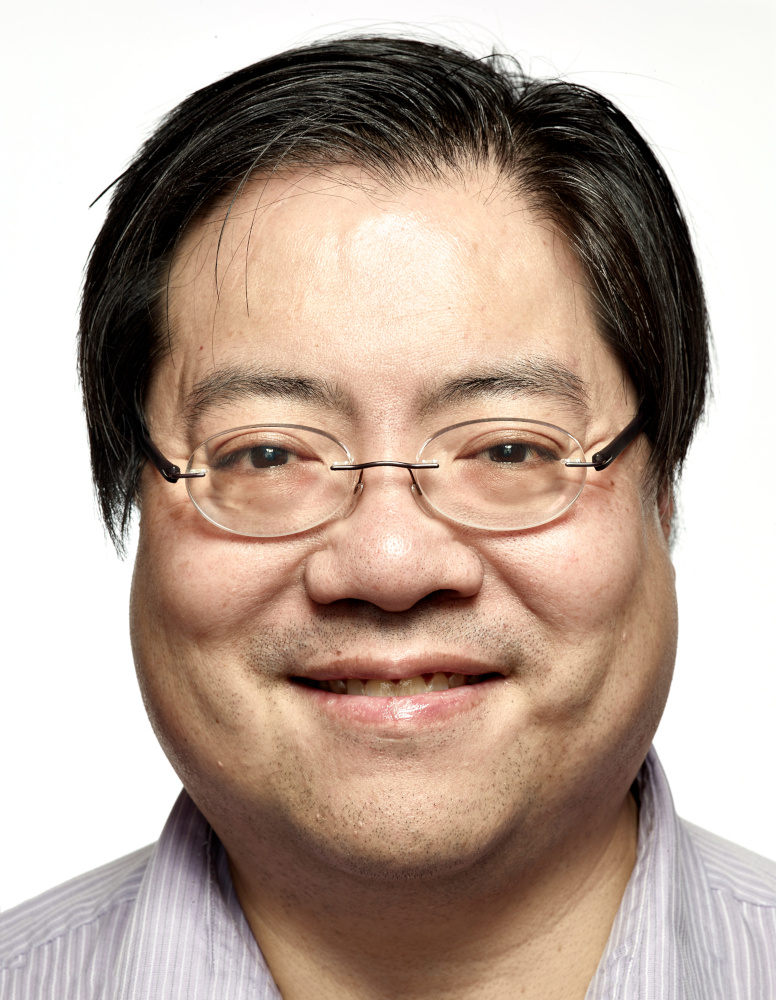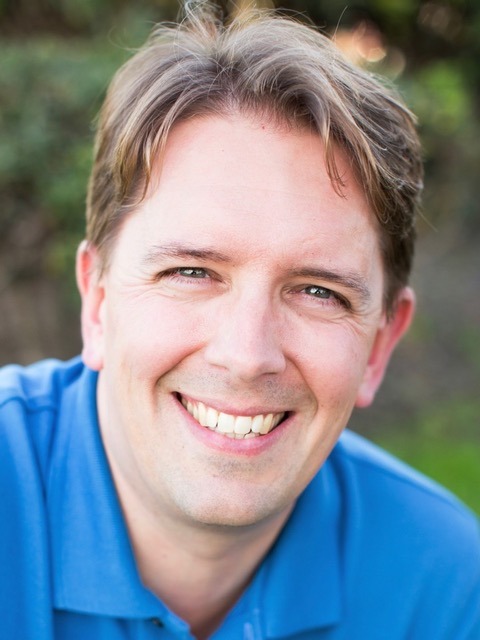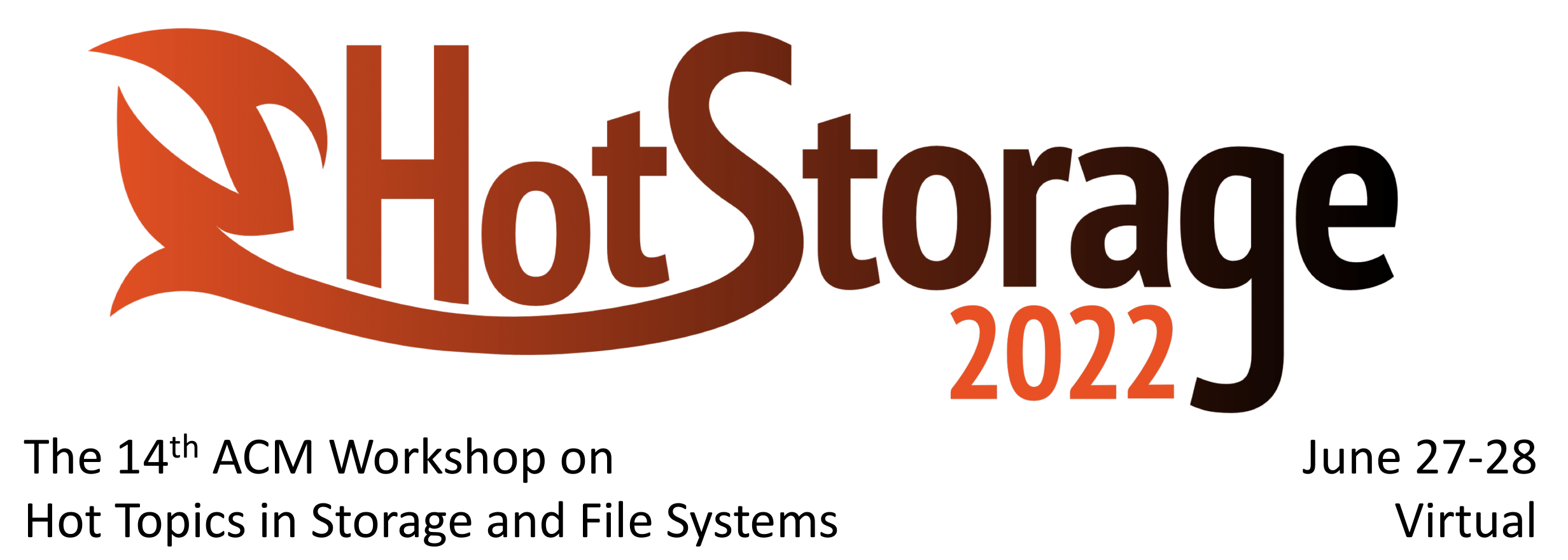
Sponsored By

In Cooperation With

Gold Sponsors
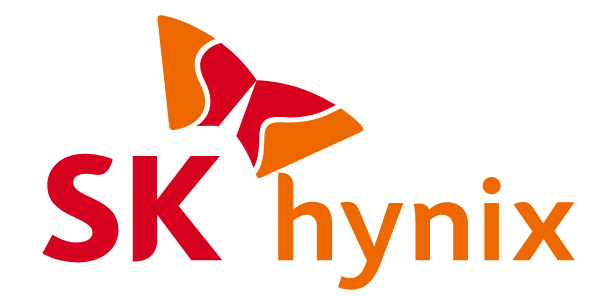


Sliver Sponsors
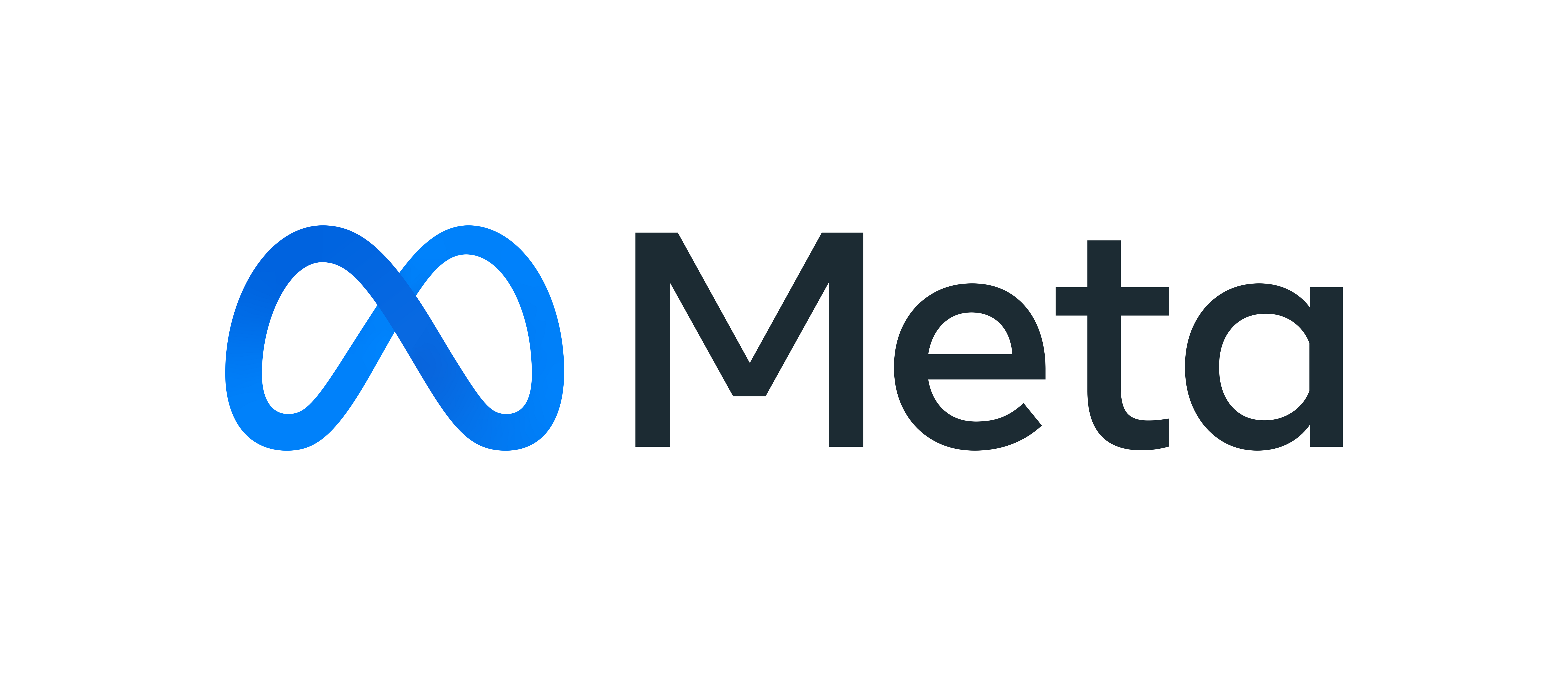
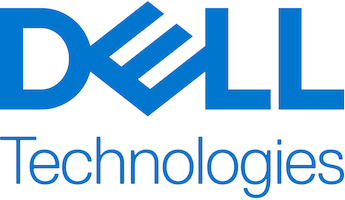
Logo design by Michal O. Zadok.
Full ProgramKeynote TalksStorage from an Engineer's PerspectiveTheodore Ts'o (Google) [Abstract], [Speaker Bio], [Slides], [Q&A]
Abstract:
In this talk, I will describe observations about file systems and storage from the perspective of a practicing engineer, especially focusing on issues of deployability and economic considerations and how these issues have lead to the success or failures of various storage ideas. This talk is targeted towards software engineers, open source developers and academics who are interested in improving their impact on the industry.
Bio:
Theodore Ts'o is the first North American Linux kernel developer, having started working on Linux in September, 1991. He also served as the tech lead for the MIT Kerberos V5, and served as a chair of IP Security working group at the IETF. He previously served as CTO for the Linux Foundation, and is currently employed at Google. Theodore is the maintainer of the ext4 file system in the Linux kernel. Exploring Programming Languages and Data Abstractions in a Core Memory World Steven Swanson (Univ. of California San Diego) [Abstract], [Speaker Bio], [Slides], [Q&A]
Abstract:
50 years ago magnetic core memory (which was incidentally persistent) was a leading memory technology, and it was scaling fast until...DRAM appeared. What would Core World — an alternate core memory-only computing reality where persistence is the default — look like? Answering this question has important implications for modern computing systems, since persistent memory is now a reality. In this talk, I’ll share my thoughts on Core World and share some recent exploration of what data abstractions and programming languages might look like in world where persistence was a given.
Bio:
Steven Swanson is the professor and Halicioğlu Chair in the Department of Computer Science and Engineering at the University of California, San Diego and the director of the Non-volatile Systems Laboratory. His research interests include the systems, architecture, security, and reliability issues surrounding heterogeneous memory/storage systems, especially those that incorporate non-volatile, solid-state memories. He has received an NSF CAREER Award, Google Faculty Awards, a Facebook Faculty Award, and been a NetApp Faculty Fellow. He is a co-founder of the Non-Volatile Memories Workshop. In previous lives, he worked on low-power co-processors for irregular applications and building scalable dataflow architectures. He received his Ph.D. from the University of Washington in 2006 and his undergraduate degree from the University of Puget Sound in 1999. Distinguished Program Committee Members
ProgramDay 1: Monday, June 27, 2022
Day 2: Tuesday, June 28, 2022
SessionsSession 1: Storage for the Cloud (7:15am to 8:30am PDT)Session Chairs: Vasily Tarasov (IBM Research)
Understanding Configuration Dependencies of File Systems
[Paper]
[Slides]
[Video]
[Q&A]
Rethinking Block Storage Encryption with Virtual Disks
[Paper]
[Slides]
[Video]
[Q&A]
LambdaObjects: Re-aggregating storage and execution for cloud computing
[Paper]
[Slides]
[Video]
[Q&A]
Infusing Pub-Sub Storage with Transactions
[Paper]
[Slides]
[Video]
[Q&A]
When F2FS Meets Address Remapping
[Paper]
[Slides]
[Video]
[Q&A]
Session 2: Blocks and Bytes (9:45am to 10:45am PDT) Session Chairs: Yiying Zhang (University of California, San Diego); Michio Honda (University of Edinburgh)
Cache-coherent Accelerators for Persistent Memory Crash-consistency
[Paper]
[Slides]
[Video]
[Q&A]
Intel Best Paper Award Winner
A Principled Approach for Selecting Block I/O Traces
[Paper]
[Slides]
[Video]
[Q&A]
SK Hynix Best Presentation Award Winner
When Poll is More Energy Efficient than Interrupt
[Paper]
[Slides]
[Video]
[Q&A]
Generating Realistic Wear Distributions for SSDs
[Paper]
[Slides]
[Video]
[Q&A]
Session 3: ZNS and SSDs (4:00pm to 5:15pm PDT) Session Chairs: Janki Bhimani (Florida International University); Xing Lin (Linkedin)
Wear Leveling in SSDs Considered Harmful
[Paper]
[Slides]
[Video]
[Q&A]
Samsung Best Paper Award Winner
What You Can't Forget: Exploiting Parallelism for Zoned Namespaces
[Paper]
[Slides]
[Video]
[Q&A]
Fair I/O Scheduler for Alleviating Read/Write Interference by Forced Unit Access in Flash Memory
[Paper]
[Slides]
[Video]
[Q&A]
Compaction-Aware Zone Allocation for LSM based Key-Value Store on ZNS SSDs
[Paper]
[Slides]
[Video]
[Q&A]
Lifetime-Leveling LSM-Tree Compaction for ZNS SSD
[Paper]
[Slides]
[Video]
[Q&A]
Session 4: Next-Gen Storage Software (6:30pm to 7:45pm PDT) Session Chairs: Changwoo Min (Virginia Tech); Youyou Lu (Tsinghua University)
PiF: In-Flash Acceleration for Data-Intensive Applications
[Paper]
[Slides]
[Video]
[Q&A]
Alohomora: Protecting Files from Ransomware Attacks Using Fine-Grained I/O Whitelisting
[Paper]
[Slides]
[Video]
[Q&A]
Hello Bytes, Bye Blocks: PCIe Storage Meets Compute Express Link for Memory Expansion (CXL-SSD)
[Paper]
[Slides]
[Video]
[Q&A]
ScalaRAID: Optimizing Linux Software RAID System for Next-Generation Storage
[Paper]
[Slides]
[Video]
[Q&A]
File Fragmentation from the Perspective of I/O Control
[Paper]
[Slides]
[Video]
[Q&A]
|
